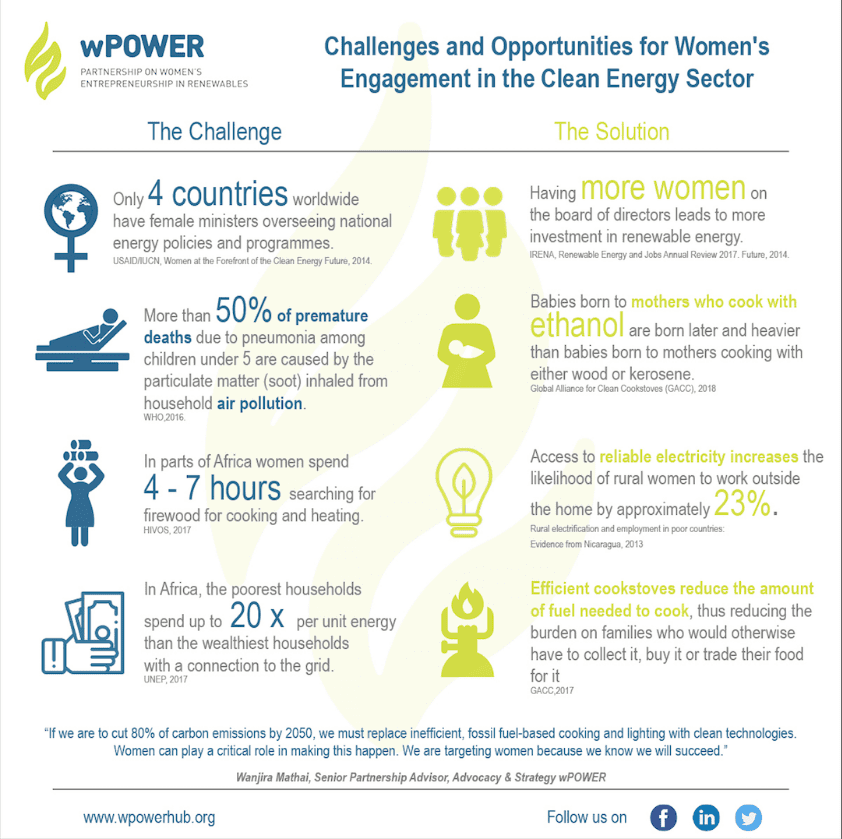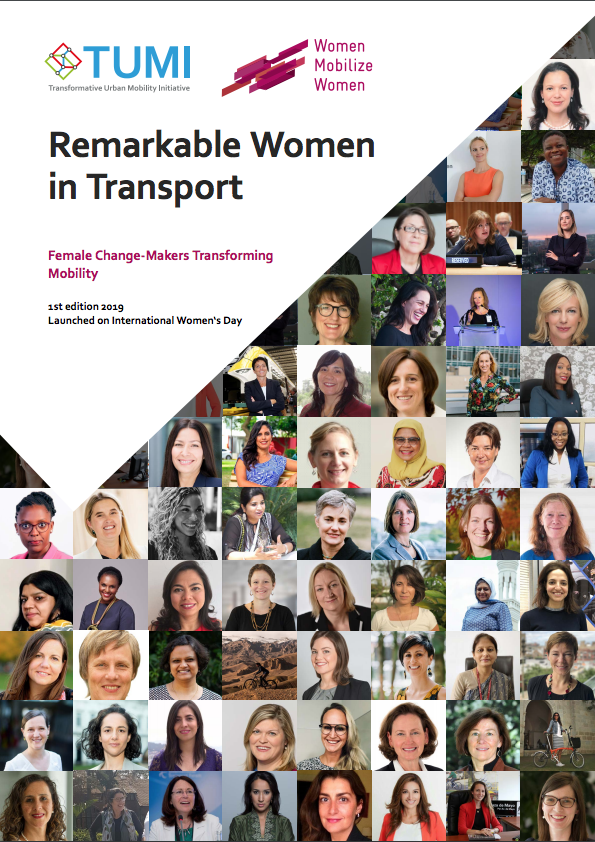Renewable energy technologies are job boosters: in 2020, the renewable energy sector employed at least 12 million people around the globe. Many governments worldwide have recognized that the energy pathway they choose will not only have an impact on combatting global warming and meeting climate goals, but also define the basis for their countries’ future development. Renewables can create sustainable jobs and improve the gender balance in the future energy sector.
To harness the full potential of the social and economic co-benefits of renewables and to build the skills base needed for the energy transition, decisionmakers depend on reliable data.
This factsheet series seeks to present the state of the art in assessing employment co-benefits, interconnecting climate friendly power planning and sustainable job creation. This joint factsheet edition connects policymakers in local and national government agencies with expert organisations and contact persons, to quantify specific employment co-benefits, assess policy options and unlock potentials for people and communities.
Read the case study on Renewables and Gender-Inclusive Employment on page 16.
Download the report here: Renewable Energy, Employment Opportunities and Skill Requirements
Download the GWNET excerpt: Strategies to Foster Women’s Talent for Transformational Change











